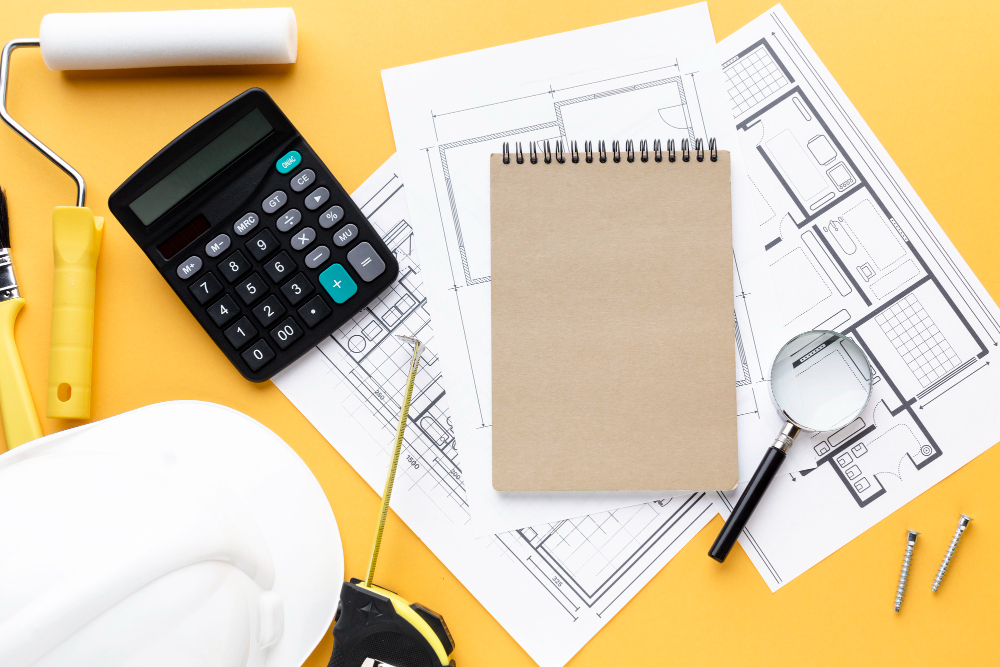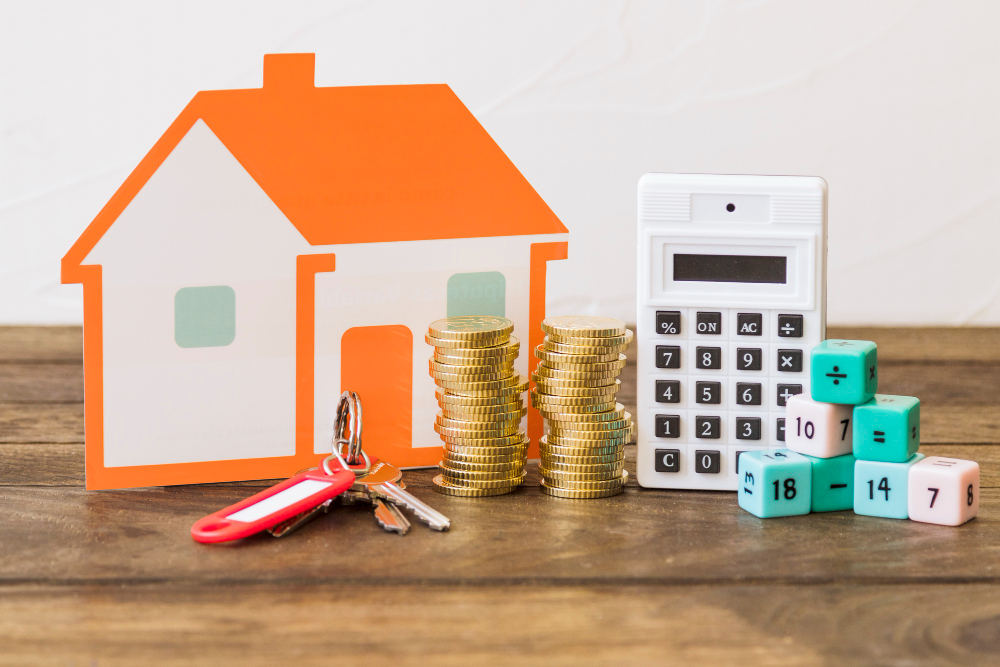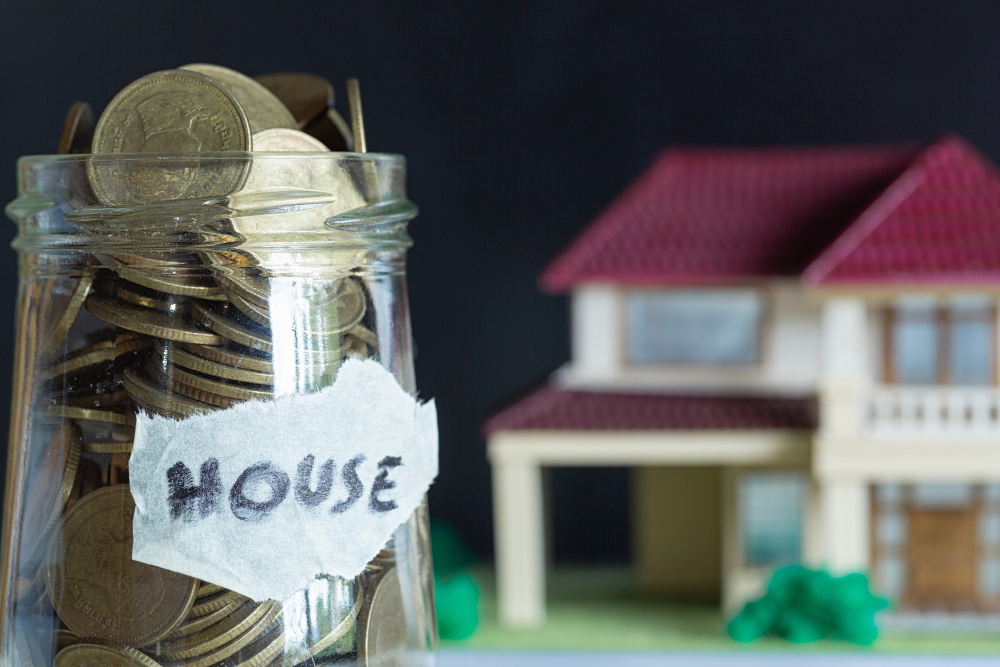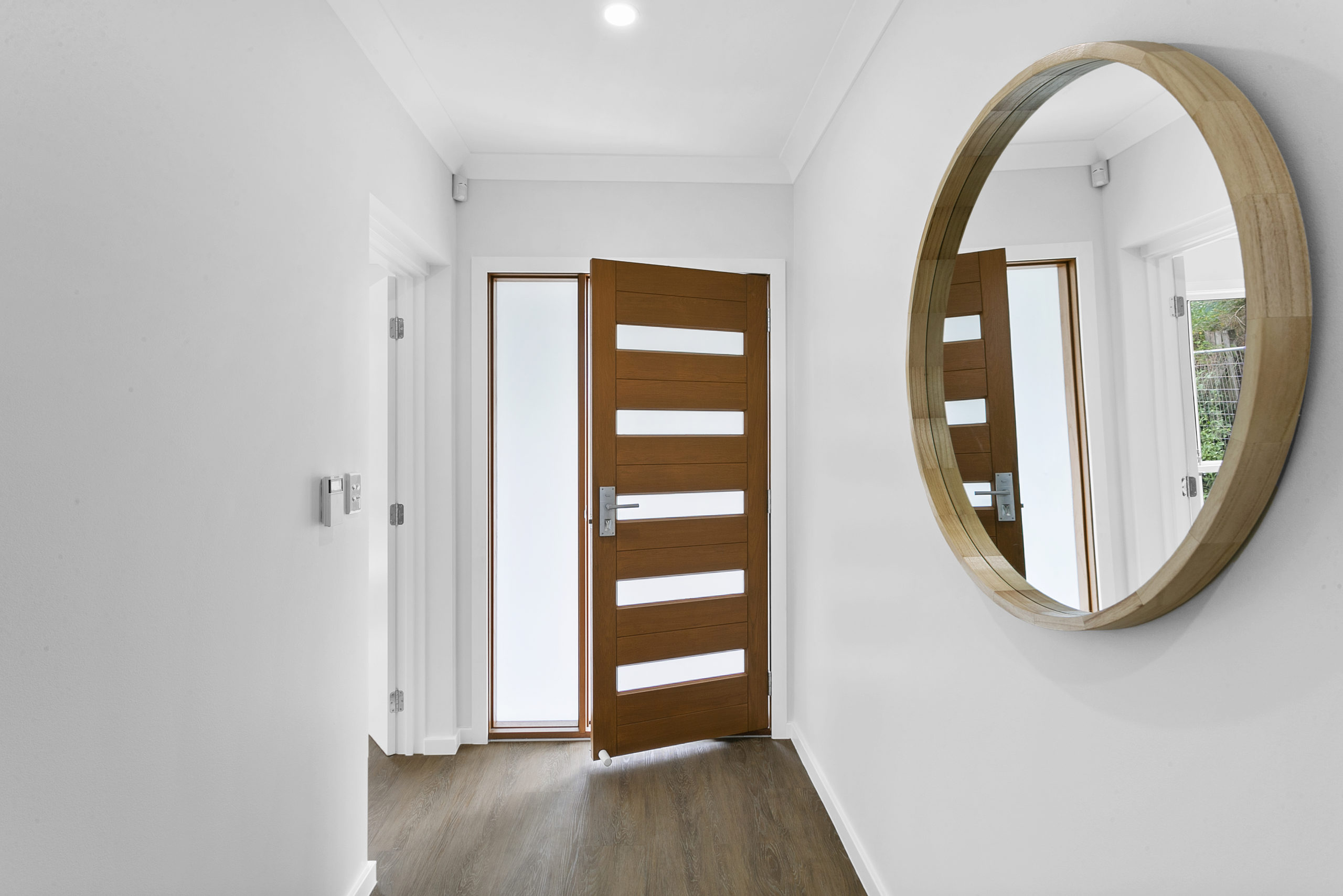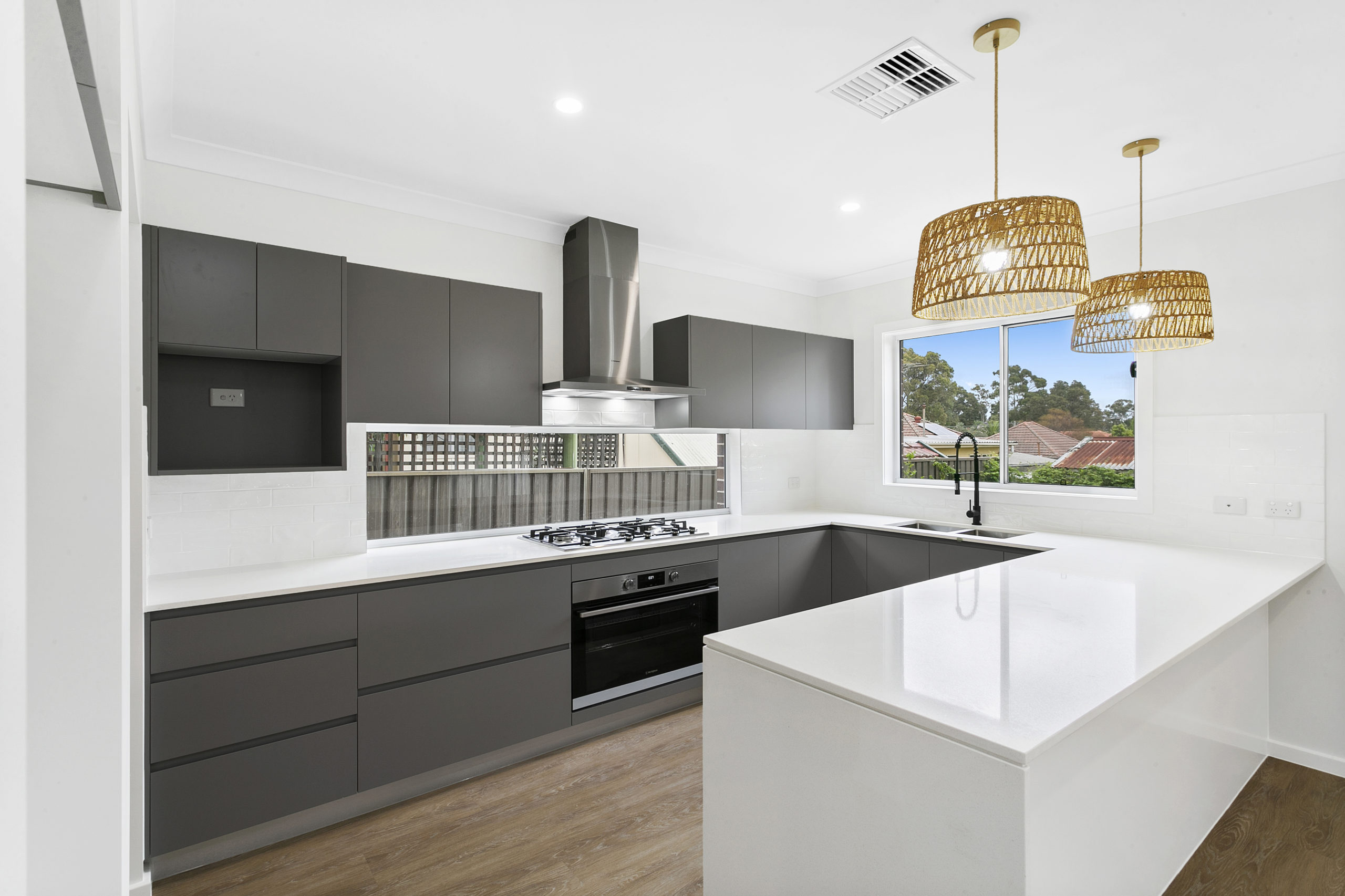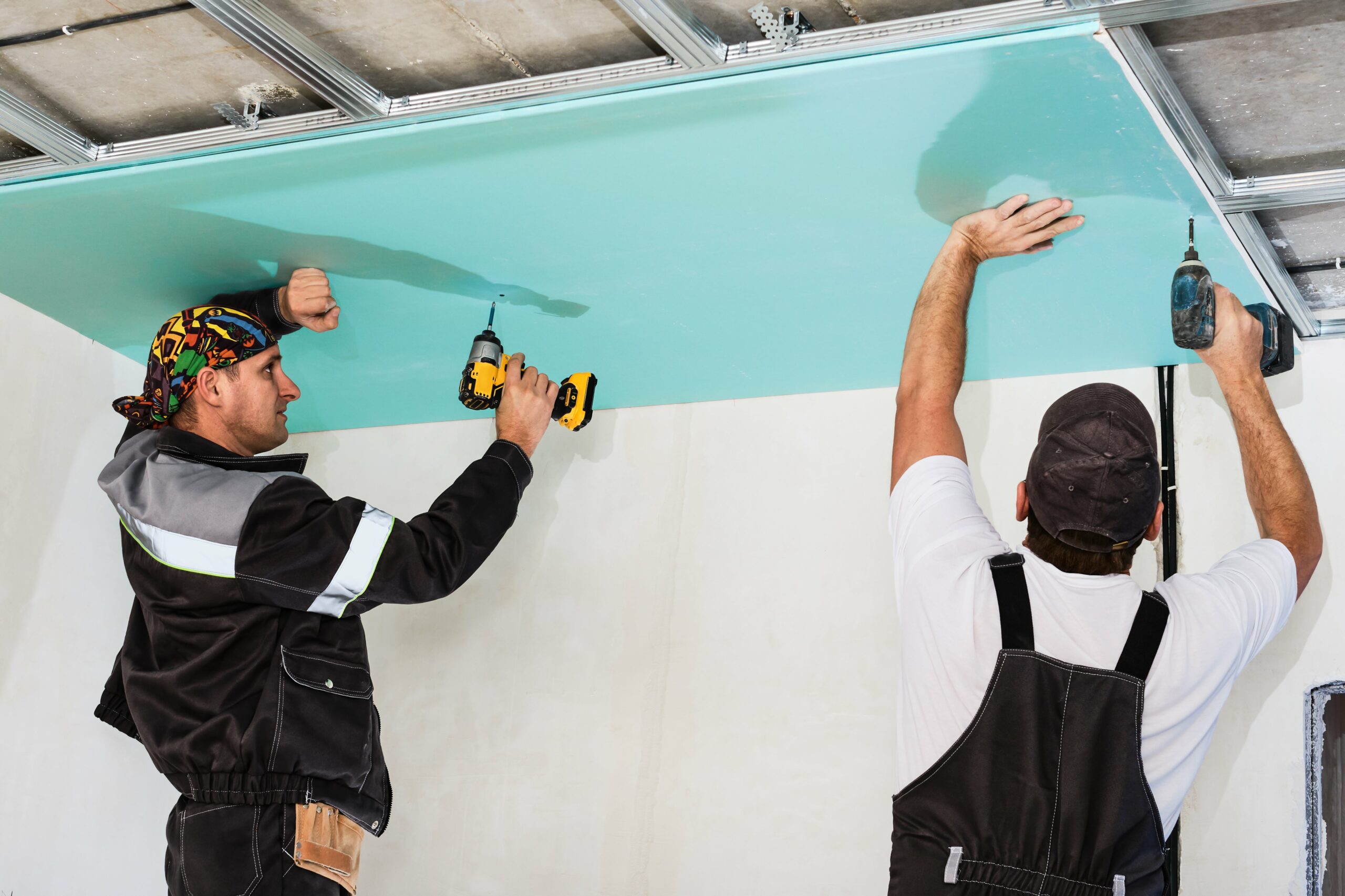
Cost to Rebuild a House: Understanding Demolition, Design & Construction
Curious about the cost to rebuild a house? Understanding this financial aspect is crucial for homeowners. Factors such as materials, labour, and location significantly impact the overall expense. Whether due to renovation or unforeseen circumstances like natural disasters, knowing the cost to rebuild ensures preparedness.
Historical context reveals how rebuilding costs have evolved over time, shedding light on current pricing trends. Stay informed with New South Homes to make informed decisions when it comes to safeguarding your property.
Understanding Costs
Calculators Use
Web calculators are essential tools for accurately determining the sum-insured needed for your property. These calculators, provided by insurance companies, help estimate rebuilding costs efficiently. Make sure the chosen sum-insured adequately covers all expenses related to rebuilding.
Building Calculator Importance
Understanding the significance of building calculators is crucial for precise property valuation. When using these calculators, take into account local government regulations and hazard zones to ensure accurate estimates. It’s advisable to validate rebuilding costs with a qualified local builder for precise assessments.
Contents Valuation
Accurately evaluating the value of your contents is vital for insurance coverage. Assessing the replacement cost of your belongings ensures comprehensive coverage under your policy. Utilise contents valuation methods to guarantee that all personal items are included in your insurance policy.
Average Cost to Rebuild a House in Australia
Home rebuilding in Australia has various costs. Size, materials, and build complexity impact average rebuild cost. Accurate replacement value estimates are crucial. Costs range around $1,500 to $3,000 per square metre, but can differ based on requirements and finishes. Home builders should get estimates from professionals. This ensures clear understanding of financial commitment for rebuilding project.
Demolition Considerations
Cost Factors
Many things impact the money needed for tearing down a building. The home’s size and what it’s made of are big factors. Another is dangerous stuff that requires extra care. How involved the demolition is also matters a lot for the total cost.
Extra fees might come if you rebuild in danger areas. When buildings are in places where natural disasters like quakes or floods happen often, they need special building rules. These rules help the building be stronger and safer. Following those rules costs more money when rebuilding.
You must think about different building rules when getting insurance for new buildings. The insurance may change based on how the building was made, where it is, and if it follows certain codes. Knowing these things helps figure out insurance costs for rebuilding.
Saving Strategies
To reduce rebuilding expenses, implementing effective saving strategies is essential. One way is looking at cheaper choices, like using stuff that saves energy or building in ways that don’t hurt nature. Doing these things cuts costs now, plus saves more cash later by using less power.
Easy ways to rebuild without losing quality exist. For instance, utilising materials from nearby sellers cuts transport fees. Prefab pieces or modular approaches streamline construction, reducing labour expenses.
Reduce bills by installing rainwater systems and solar panels. These eco-friendly solutions are innovative and cost-effective. They harness nature’s resources to lower utility costs and repairs over time. Homeowners prioritising sustainability can benefit from technology’s advantages while saving money. Browse our blog for budget-friendly tips when choosing a new house to gain more insight on finding the perfect split-level house plan that fits your family’s needs and lifestyle.
Rebuild Factors
How Much is it to Rebuild a House?
The cost to rebuild a home is impacted by a few key factors. First, the size of the house plays a big role. Larger properties will cost more to rebuild. Also, location matters a lot. Rebuilding in expensive areas will cost more. Finally, the amount of damage is important. More damage equals higher rebuild costs. But how does one rebuild wisely? Long-term value should be considered too. Spending more on quality materials can be smart. It can mean lower maintenance and repair costs later. So when planning rebuild costs, think about size, location, damage, and long-term value. This helps make a reasonable rebuild budget.
Different stuff employed for fixing impacts overall costs. For instance, fancy finishes or green supplies hike prices versus standard picks. It’s key to weigh each material’s perks against its costs. Make informed choices that fit your budget and tastes. We encourage you to read our blog discussing the cost per square foot for a custom house if you wish to learn more about this topic.
Choosing Builders
Picking builders is really important for rebuilding a house. Good builders who’ve finished projects on time and did nice quality work are what you want. Also, make sure the builders know all the local rules about building stuff. Then you won’t have issues when construction is done.
Deciding on the builder involves studying their knowledge of local rules and common practices. Professionals aware of your area’s demands can get permits faster. Plus, your new house build will meet safety standards. Choose builders advising cost-saving ways without reducing quality.
Design and Planning
Process Overview
Rebuilding a house involves a detailed process that begins with assessing the responsibility of rebuilding your dream home. Understanding this process is crucial for a successful project. By getting an overview of the rebuilding process, you can streamline each step efficiently. Plan meticulously to ensure a smooth progression from demolition to completion. This will help you avoid unnecessary delays and additional costs, making the rebuilding journey more manageable.
Building a new home involves many important tasks. First, get the needed permits. Then, tear down old parts. Next comes making a strong base. Each step matters to create your dream home. Take it one by one for the best results.
Planning makes rebuilding a home much easier. You should make a clear schedule and budget for every part of the project. This helps you stay on track. It also stops surprise costs. If you run into problems during building, good planning lets you adjust easily. With a smart plan, you can rebuild without worry or confusion.
Cost-Saving Design
Rebuilding doesn’t have to drain your wallet entirely. Smart design choices focused on cost-efficiency can help. Opt for straightforward layouts and functional plans. These simple approaches reduce construction costs substantially. Don’t worry – your space will still look great! Prioritise practicality while achieving desired aesthetics. You’ll create an environment tailored to your needs without overspending.
Smart construction choices are kind to both finances and nature. Upgrading to energy-wise appliances delivers lasting gains. Walls with proper insulation protect from extreme temperatures. Modern, efficient heating and cooling units can trim those bothersome utility bills. These green choices are worthwhile investments. They sustain natural resources while limiting household expenses over time. With an environmentally conscious rebuild, you enhance property value as well as protect the planet.
Sustainable building materials help you spend less money. They also help nature. You can use recycled wood and bamboo floors. Use bricks you found from old buildings. Eco-friendly materials are better for the Earth. They also do not cost as much as new materials. You help the planet. Your home is also safer and healthier by using sustainable materials. This is good for you and future people.
Construction Phases
From Scratch Rebuilding
Taking apart an old home permits you to build something new. It lets you pick your own layout. But it’s not easy. You’ll need to follow rules. Laws say what’s okay. So you’ll need to get permits first. Then you can build your dream house! The upside? You get new stuff. Modern things like energy savers. This can make life better.
Starting fresh allows you to address structural issues and incorporate the latest building materials for improved durability. However, trees on the property may need to be removed, adding to the overall cost. When deciding between rebuilding from scratch or renovating, consider the long-term value and functionality of each option.
Timeline Impact
Assessing the timeline impact of rebuilding is crucial for effective planning. Delays in obtaining permits or unexpected structural issues can extend the project timeline significantly. It’s essential to factor in these potential delays when creating a realistic schedule for the rebuilding process.
Time lags do more than simply delay finishing. They also make costs rise through things like having to pay workers more over a longer period. You can reduce risks and make sure work doesn’t fall behind by expecting problems that could happen. Then, have a backup plan ready. Being upfront about how long things will take helps everyone understand what needs doing.
Financial Planning
Budgeting Tips
To ensure the rebuilding process stays within financial limits, implement budgeting tips. Set a clear budget outlining expenses for materials, labour, and permits. Monitor expenses closely to prevent overspending and adjust as needed to stay on track. Create a detailed spreadsheet to track costs accurately.
- Allocate specific amounts for each aspect of the project
- Regularly review the budget to identify areas where costs can be reduced
Plan for unexpected costs by setting aside a contingency budget. This buffer will cover any unforeseen expenses that may arise during the rebuilding process. It’s essential to have this reserve fund to avoid financial strain or delays in the project.
Hidden Costs
When rebuilding a house, it’s crucial to identify hidden costs that may not be initially apparent. These can include structural issues, permit fees, and utility reconnections. Research local regulations and requirements beforehand to anticipate these expenses.
- Engage with contractors and professionals to get accurate cost estimates
- Keep track of all expenses, including small purchases that can add up over time
Consider permits, fees, and other unforeseen expenses in the rebuilding budget. Obtaining necessary permits can incur additional costs that need to be factored into the overall financial plan. Be prepared for fluctuations in material prices or unexpected delays that may impact the budget.
- Factor in potential additional costs such as landscaping or interior design
- Stay flexible with your budget to accommodate unexpected changes
Saving on Rebuilds
Money-Saving Tips
To reduce rebuilding expenses, consider various money-saving tips. Firstly, opt for pre-owned materials or discounted items to cut down costs significantly. Next, compare prices from different suppliers to get the best deals available.
Implementing cost-effective measures is crucial in reducing expenses while maintaining quality. Focus on essential repairs and upgrades rather than unnecessary additions. By prioritising needs over wants, you can save a substantial amount of money during the rebuilding process.
For those looking to save even more, exploring DIY options can be highly beneficial. Tasks like painting walls, landscaping, or minor repairs can be done independently with the right tools and guidance. By taking on some tasks yourself, you can reduce labour costs significantly.
Efficient Material Use
Maximising efficient material use is key to lowering overall rebuilding costs. Plan carefully and order only the necessary materials to avoid wastage. By accurately estimating your requirements, you can prevent overspending on excess supplies.
When selecting materials for the rebuild, choose durable options that require minimal maintenance in the long run. Opt for high-quality products that have a longer lifespan to avoid frequent replacements and repairs. Investing in sturdy materials upfront can lead to long-term savings by reducing future maintenance costs.
Consider opting for sustainable materials that offer both cost-efficiency and environmental benefits. Materials like recycled wood, bamboo flooring, or energy-efficient windows not only help reduce costs but also contribute to a greener environment. By choosing eco-friendly options, you can lower your carbon footprint while saving money on utilities in the long term.
Knock Down Benefits
Versus Renovation
Rebuilding a house offers the advantage of starting fresh, avoiding potential hidden issues in an existing property. The costs of renovation can quickly escalate due to unforeseen problems like structural damage. Opting for a rebuild provides a clean slate without compromising on quality or safety. When comparing the long-term benefits, rebuilding often proves more cost-effective than continuous renovations. Renovating might address immediate concerns but could lead to further expenses down the line.
Long-Term Value
Assessing the long-term value of rebuilding involves considering property appreciation over time. A newly rebuilt house tends to attract higher resale values compared to renovated properties. The investment in a rebuild typically yields better returns as the property appreciates faster and retains its value longer. Rebuilding not only enhances the overall design aesthetics and functionality of the house but also boosts its overall market worth.
Average Costs in Australia
Rebuilding Averages
Rebuilding a house involves understanding the average costs to effectively plan your budget. By researching and comparing rebuilding averages, you can accurately estimate costs before embarking on the project. This step is crucial for financial planning.
When comparing rebuilding averages across different regions, it’s important to note that costs can vary significantly. Factors such as labour rates, material prices, and market conditions all contribute to these variations. Therefore, it’s essential to conduct thorough research to ensure your estimates are as precise as possible. There are also other cheap ways to save money when building a house which should not be overlooked.
Considering regional variations in rebuilding costs is vital when determining the sum-insured for your property. By taking into account the specific cost differences in each area, you can adequately protect your investment and avoid underinsurance issues in case of unforeseen events.
Regional Variations
Exploring regional variations in rebuilding costs allows you to grasp the local differences that influence overall expenses. Labour costs, availability of materials, and even demand for construction services can vary from one region to another, impacting the total cost of rebuilding significantly.
Factors like labour costs play a crucial role in determining the overall expenses of a rebuild. In areas where labour rates are higher, such as metropolitan regions, the cost of hiring professionals for construction work will be more expensive compared to rural areas with lower labour costs.
Material availability is another key consideration when evaluating regional variations in rebuilding costs. Regions with limited access to certain building materials may incur higher expenses due to transportation and supply chain challenges. This factor directly affects the overall cost of the rebuild project.
Final Remarks
You now have a comprehensive understanding of the costs involved in rebuilding a house, from demolition considerations to custom house design, planning, and construction phases. Financial planning and ways to save on rebuilds have been discussed, along with the benefits of knocking down and average costs in Australia. Use this knowledge to make informed decisions when embarking on your rebuilding journey.
Take charge of your rebuild project armed with the insights gained here. Ensure you plan meticulously, budget wisely, and explore cost-saving opportunities. By implementing these strategies, you can navigate the complexities of house rebuilding with confidence and efficiency. Your dream home is within reach—make it a reality! Reach out to us for more inquiries.
Experience
the
Difference
Ready to start your building journey? Chat to our team of experts today and get a FREE personalised quote
Find Out More
Related Posts

